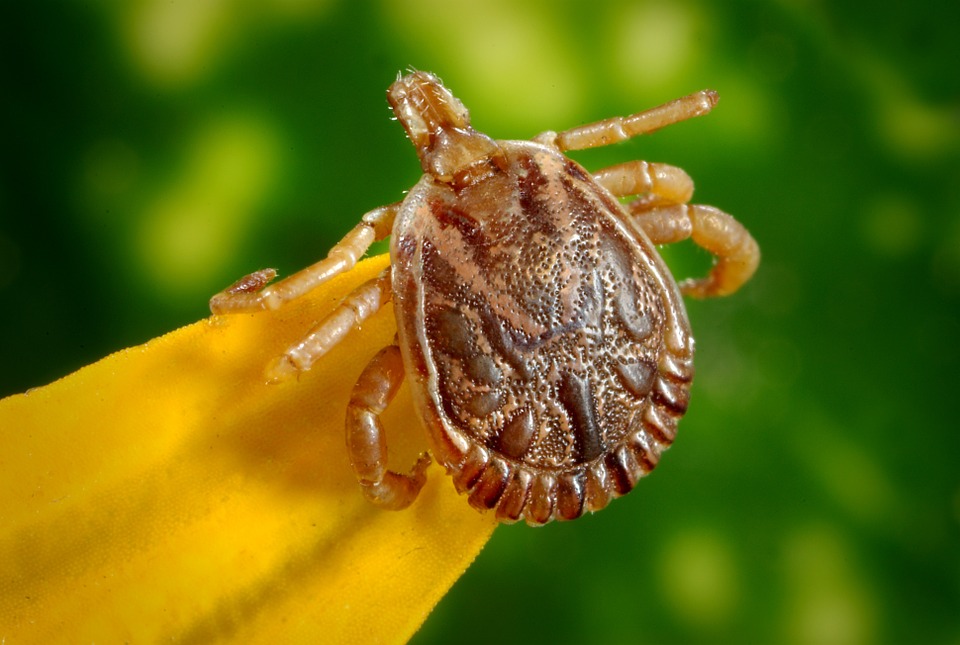Happy Pets: How to Protect Your Pets from Parasites
- Written by Diana Smith

Today, pets are not just pets—they are treated with the same amount of love and care like other members of the family. And just like all of your loved ones, it’s important to keep your four-legged friends healthy and happy. Unfortunately, parasites are often here to cause your pet and you a lot of problems. However, if you recognize the signs and provide a good treatment against parasites, you’ll have a healthy and worm-free pet. Here’s how to do that.
Parasites or not?
Many people think their pet has parasites the second they see them rubbing its bottom on the ground. However, scooting is not always caused by these nasty guests. Actually, there are many other reasons that can cause this behavior. Your pets’ anal sacs can be infected and they might be allergic or have itchy skin. If you notice your dog sledging, pay a visit to your vet who will find the cause through a simple examination. If the worms are the cause, you can continue with the treatment, but otherwise, you might want to change your dog’s diet or treat the glands and allergies.
Recognize the symptoms
Besides scooting, worms cause many other symptoms you should be on the lookout for. For instance, some pets might have an increased appetite, lose weight despite eating and experience stomach upsets like diarrhea or vomiting. Other pets might look bloated, have a pot-bellied appearance or even experience coat and skin dryness. None of these aforementioned symptoms are life-threatening but, in some cases, parasites can seriously damage your pet’s health and even have a fatal outcome. For instance, roundworms in puppies can cause a huge infestation because their immune system can’t fight the parasites. Lungworms can cause many respiratory issues (coughing, wheezing and breathing difficulties) and even reduce blood’s natural ability to clot. These blood problems can cause hemorrhaging in the brain without any prior warning. Regular worm treatments are the only way to be completely safe and never experience these horrible consequences. Even pet fish can be affected by parasites, often having deadly results. Thankfully this can be easily prevented by keeping their tank clean and well maintained. You can use an aquarium fitted with a UV sterilizer or water filter to help ward off any nasty parasites with fairly low maintenance.
Appropriate treatment
Getting an individualized worm treatment for your pet is the best solution to get rid of parasites and ensure your furry friend is healthy and happy. However, some over-the-counter solutions are great too. Vet clinics, pet shops and online pet supply stores offer a wide variety of different worm treatments. For instance, one of the best-selling worm treatments is Milbemax tablets for dogs and cats that offer protection against roundworms, hookworms, tapeworms, heartworms and whipworms. Dogs and cats of all sizes and breeds can be treated with these tablets and have the best protection from their early days and deep into their senior years.
Puppy and kitten care
Puppies and kittens should be wormed more often than adult dogs and cats. They need to get their scheduled worm treatment in smaller intervals, because their young immune system can’t fight the worms. Young animals need to be treated even if they’ve never been in contact with the outside world or other animals, because they can contract parasites in the womb, through breastfeeding and from their environment. However, healthy adult pets only need about one treatment every three months.
Protect your pet’s environment
Just like you treat your pet for worms, you also need to keep their environment clean and parasite-free. This way, your pets and you and your kids can minimize the risk of contracting worms. So, make sure to remove feces from any place your dog might frequent and give them regular baths to maintain their hygiene. Scoop poop from your garden and cat litter and scrub your floors often. Worm eggs are incredibly resilient and can survive years in the open until they get ingested. That’s why prevention and good hygiene is just as important as worm treatment.
Traveling with pets
Many countries and areas are super prone to heartworms. So, if you’re planning on taking your dog on a vacation with you, make sure to have the necessary heartworm treatment before your trip. Upon your return, visit a vet to ensure everything is okay. You might also be required to give your dog a certified tapeworm treatment and note it in your Pet Passport. If you don’t know whether your dog needs any pre-trip medication, consult with your vet just to be sure!
Regular vet visits
And finally, make sure you take your pet for regular examinations, even if they are healthy and happy. Even if there are no signs of infestation, bring a stool sample for analysis to catch the parasites in their early stage, before they get the chance to become dangerous. Bring fresh samples a few times a year if you have a young pet and once a year if your pet is an adult.
Don’t neglect any worm symptoms, visit the vet and provide your furry friend with good treatment. A parasite-free pet is a healthy and happy pet that will be a loyal friend to you and your family for many, many years to come. 



























